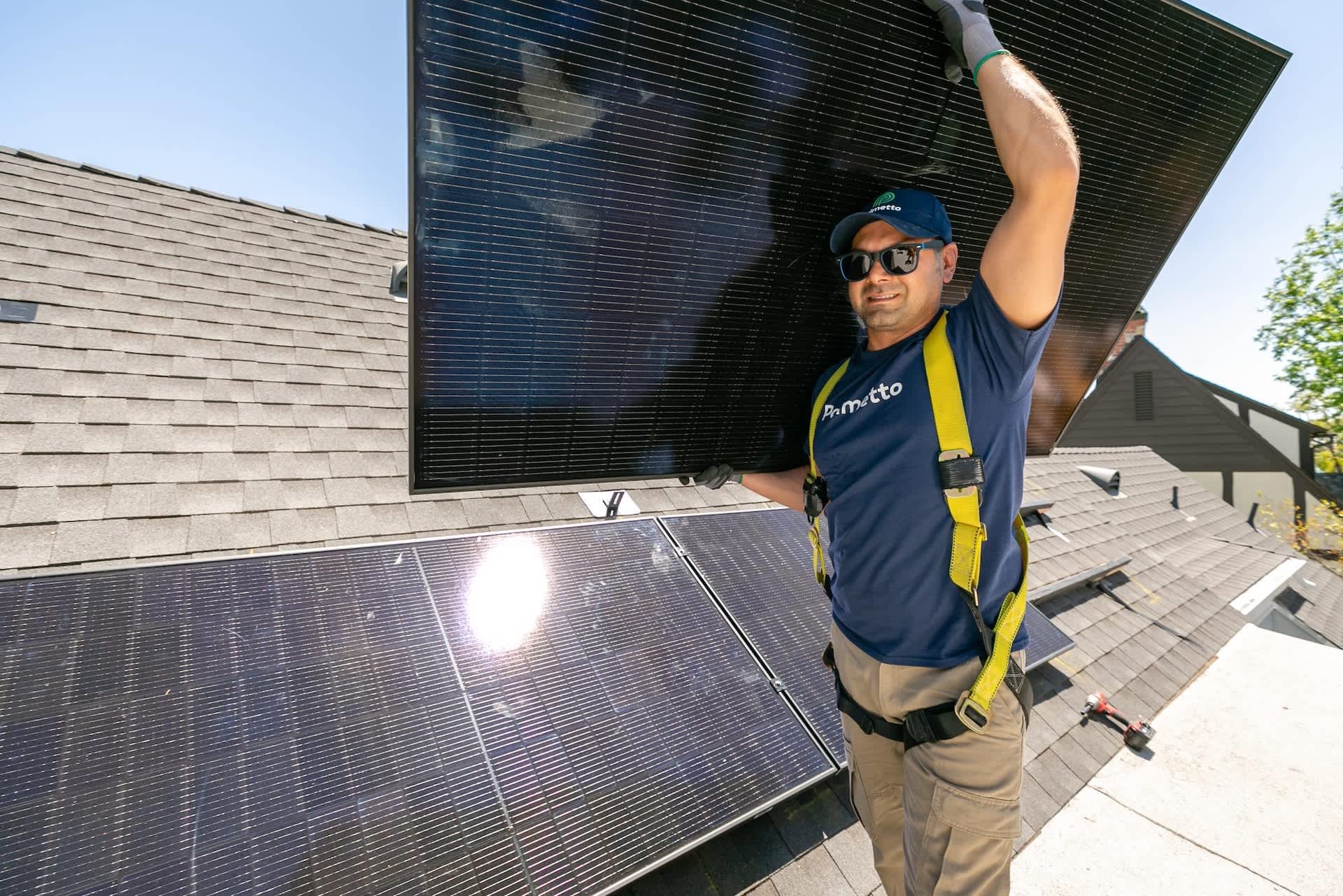Wildlife officials helped save a fox from imminent doom after removing plastic debris that looked like it had been stuck around its neck for a lengthy period.
The Connecticut Fish and Wildlife Department shared on its Facebook page that biologists from the Department of Energy and Environmental Protection — with help from state Environmental Conservation Police Officers and members of the public — had captured a red fox entangled in a conical piece of plastic.
The department attached three images, the first of which showed the animal in the wild with the plastic compressing the fur around its neck. The second picture had the sedated fox next to the removed plastic waste with what looked like the canine's fur matted on the material. The final photo was an up-close shot of the fox with its ears tagged, likely getting ready for release.
In its post, the organization noted that rescue crews sedated the canine to cut through the litter that had been "greatly impairing its mobility" before releasing it near its den.
"Unfortunately, wildlife can easily become stuck, entangled in, or ingest improperly discarded trash," the post read. "More often than not, they cannot survive the injuries they sustain from entanglements."
CT Fish and Wildlife called on the public to rinse recyclables thoroughly and dispose of them in secure receptacles. Taking the proper precautions can prevent wildlife from interacting with garbage while ensuring the likelihood of it getting recycled.
Can't afford solar panels? Here's how to get them without paying for purchase or installation Palmetto's revolutionary LightReach program gives you all the benefits of solar power without the upfront costs. LightReach lets you lease solar panels with no money down, making it easier than ever to lock in energy savings. Palmetto assumes all risk and responsibility for the panels you lease, which means you'll get reliable performance without unforeseen costs. To get started, just answer a few basic questions about your home and learn how much you can save. Learn more → |
Watch now: Solar-powered boats from the Honnold Foundation are making a difference in the Amazon
While it's unclear how many terrestrial creatures die from plastic refuse, Earth.org conservatively estimates that plastic entanglement or ingestion kills 100,000 marine animals and 1 million seabirds annually.
For every heroic rescue of a deer with a plastic jug on its head or a turtle caught in fishing nets, there are countless other animals that aren't as lucky.
That makes reducing our reliance on plastic goods by switching to sustainable alternatives all the more pertinent — particularly since plastic items also shed harmful microplastics
and are made from dirty energy sources that overheat the planet.
TCD Picks » Quince Spotlight

Most of the comment section from the post was filled with appreciative words.
"Thanks to all who helped this fox!" one person exclaimed. "The public should remember to always cut apart rings before discarding."
"I wish people cared more," someone else wrote.
Join our free newsletter for good news and useful tips, and don't miss this cool list of easy ways to help yourself while helping the planet.












